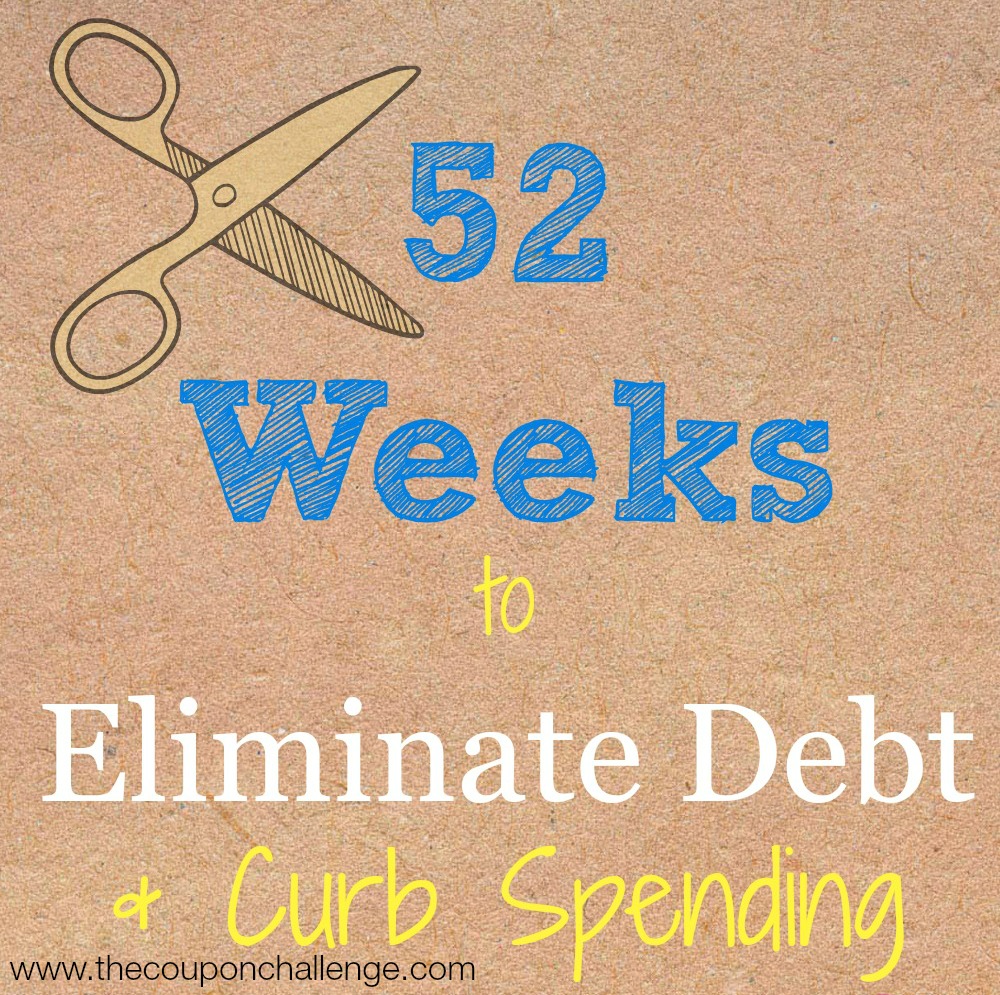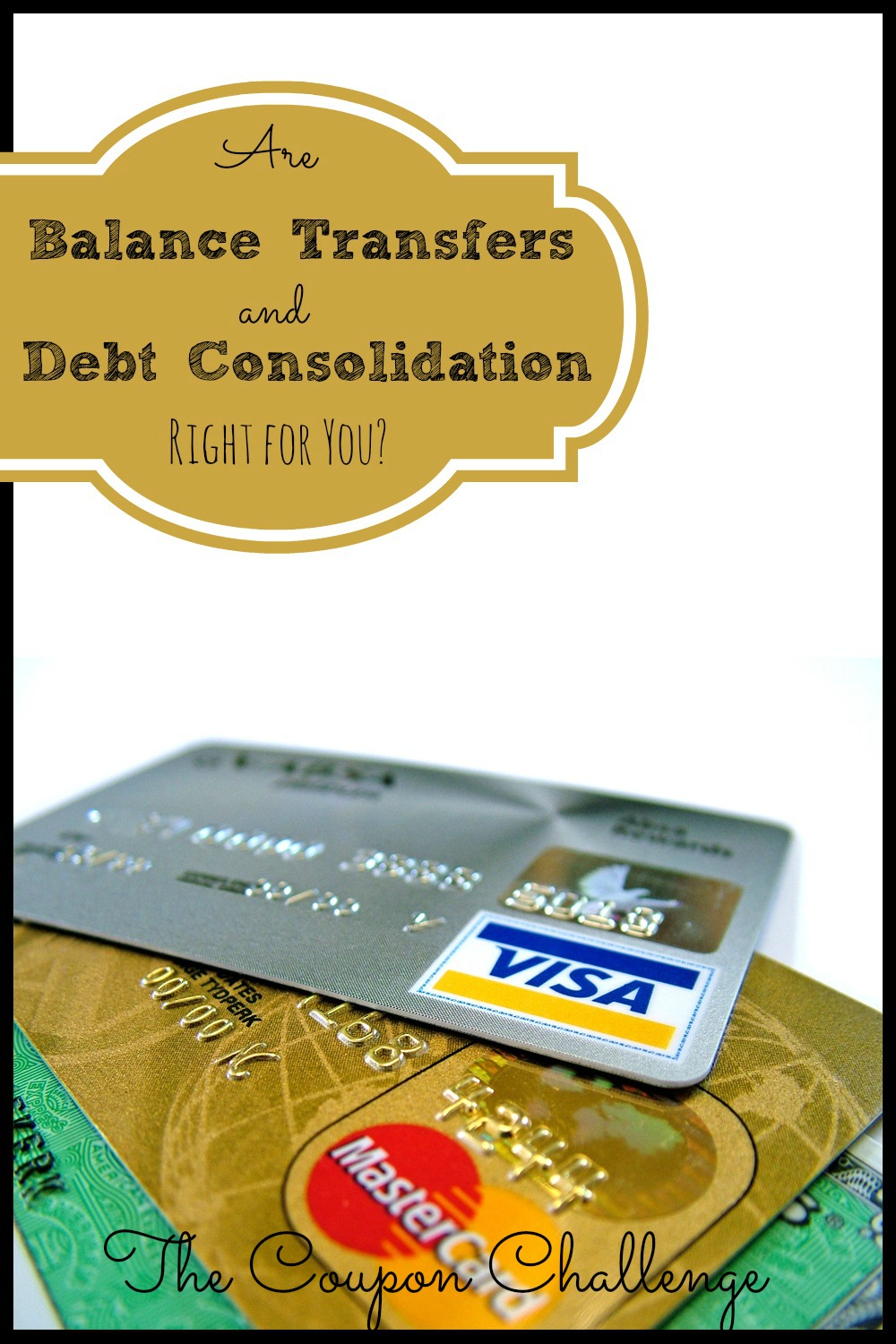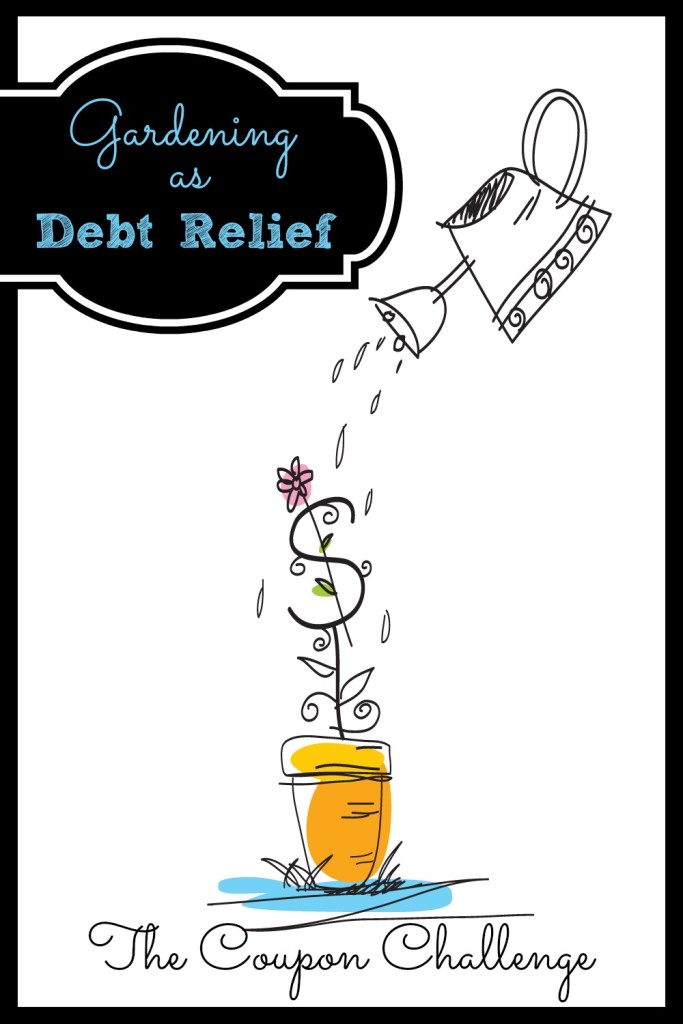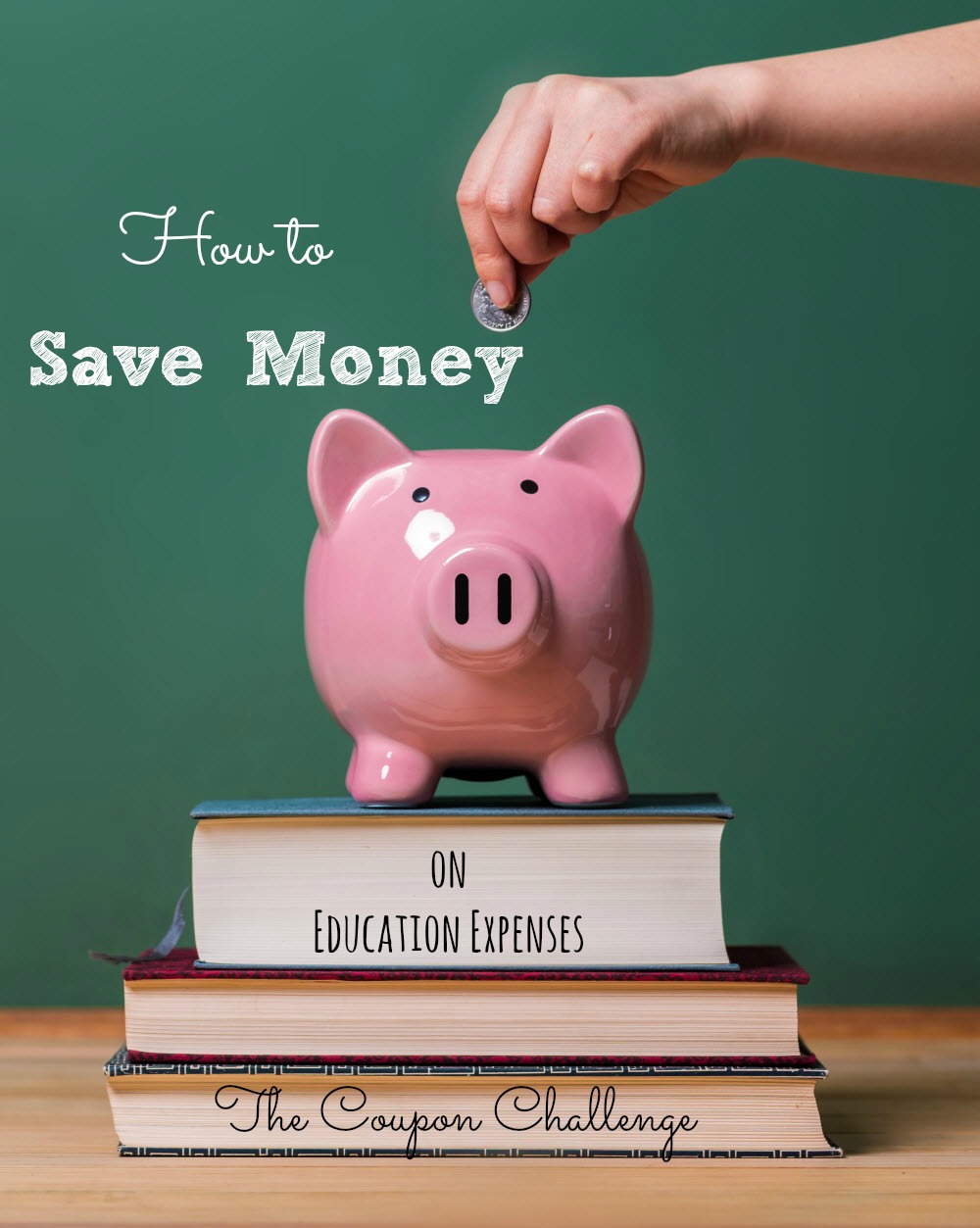You are reading Week 34 of 52 Weeks to Eliminate Debt & Curb Spending. Please read the overview here to learn more about the series & get your FREE financial planner. If you just joined us, please start with week 1.
This year we have already covered how downsizing can make a drastic impact in your finances and how to get rid of debt. This week we are specifically going to look at ways you can easily begin creating income with yard sales. This income can be used to pay off debt faster or to help beef up your savings account.
Creating Income With Yard Sales
Sell seasonal clothing. One of the biggest ways to make money with yard sales is to sell off your seasonal clothing. Kids clothing is always a hot seller, but so are quality name brand clothing for men and women. Quality maternity and plus size clothing is also very popular in yard sales. While you typically will only be able to sell items for $1-$5 per piece, you can easily make hundreds of dollars at the change of seasons on quality gently used clothing items.
Summer is quickly coming to a close. Take this time to purge more from your home as well as summer clothes and accessories your kids won’t be able to use next year.
Sell unused tools, lawn care supplies and appliances. Tools, lawn equipment and appliances are bigger ticket items that sell great in yard sales. If your husband has multiple tool sets, it is time to go through each and create the one master kit. Afterwards, he should have a set or 2 that can be sold.
Lawn mowers, weed eaters, hedge trimmers and tillers are all excellent items to sell in Spring and Summer sales. Appliances sell fast year round. These are items that go for much higher prices and can bring in upwards of $1000 in one sale depending on the number you have available for sale. Downsizing items you no longer use can truly pay off debt fast.
Sell handmade crafts. If you are good at making fun wreaths, crocheted or knitted items, art work or even glass pieces this is the best time to sell them. Use what you have on hand, and sell at your next yard sale. Seasonal décor is almost always a hot item when unique and well made.
Sell books and furniture. Books are always a great item to unload in a yard sale. Prices will be super low, but you can get rid of boxes of kids and adult books. If you have a lot, and don’t care about parting with them, you can boost your sales by $0.50-$3 per book. Hardback books go for an average of $1 – $1.50 with paperbacks selling around $0.50.
Furniture is always a great seller. No matter what it is, if the price is reasonable and the condition is good, you’ll see it disappear fast.
Sell collectibles. Do you have a Cherished Teddy collection that has been collecting dust in the attic? Selling collect items can greatly increase your sales. Do your research to understand current prices. Just remember that you will get less for selling these items at a yard sale than if you listed them on Craigslist.
The key is to price items to sell. If you overprice items, they are not going to sell. Period. Why would someone pay $10 for a used dress when they could buy it new at the store for the same price on clearance?
Creating income with yard sales is one of the easiest ways you can start paying down your debt. Not only can a one or two day sale give you hundreds to thousands of dollars, it will also clean out your home leaving you feeling more organized.
Week 34 Challenge:
Start collecting items throughout your home that can be sold. Go room by room until you’ve checked all closets, drawers, containers and the attic. If you’re not comfortable hosting your own yard sale, talk with friends and family about a family sale. Multi-family yard sales are usually huge draws when advertised. You can also look into joining community yard sales in your neighborhood or church.
Disclosure: I am not a financial adviser nor do I have formal financial training. All articles are for informational purposes only and should not be interpreted as financial advice or consultation. Please consult your account and/or financial adviser before making changes to your finances. All situations are different, so please consult a professional to determine your individual needs.









